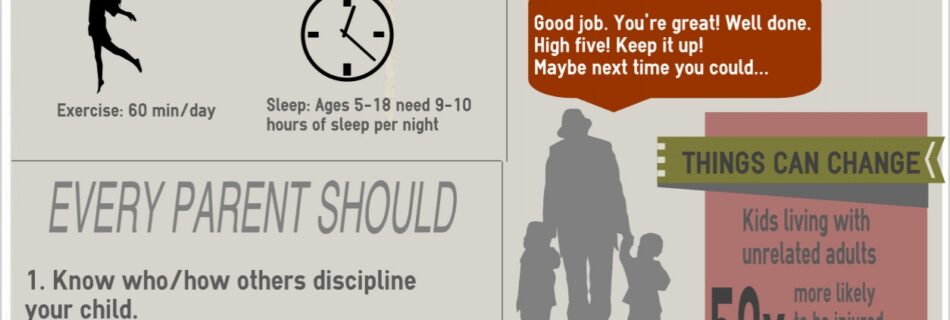Dating your Spouse
Whether you have been with your spouse for 2 years or 20 years, it’s normal to hit a period of boredom in your relationship. The everyday responsibilities of life like taking care of the household, going to work, taking care of the pets or children and the many other roles each partner may take on; …








